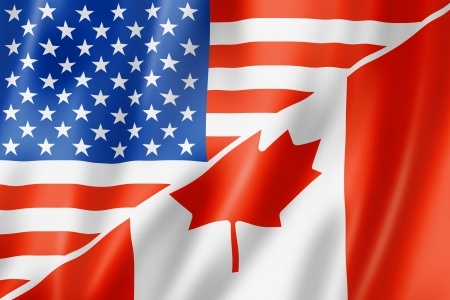As a result of the US income tax provisions imposing residency and citizenship-based taxation on individual taxpayers, American citizen and Green card holders are required to file their US income tax returns and certain disclosures irrespective of the country in which they reside. This requirement exists even if there no additional US tax due after a foreign tax credit or earned income tax exclusion has been claimed. When completing the returns for Americans residing outside the US, we not only take into consideration the US and residency country domestic tax provisions but also account for a bi-lateral income tax treaty which may override or mitigate certain domestic tax legislation.
The complexity of US tax filings for Americans abroad directly correlates to the number and the type of accounts and holdings they may have in their country of residency. Operating through a non-US partnership or corporation, holding investments in non-US bank accounts or trusts, and deferring employment income through non-US pensions may significantly increase the filing burden and the related tax return preparation cost.
There is a presumption that if Americans reside in the country with a higher rate of tax, such as Canada, they should not owe any additional tax to the IRS. Unfortunately, this is not always the case and takes many by surprise. Investments or holdings deemed tax efficient in the country of residency may not have an identical treatment under the US tax law which leads to an overall greater tax cost either on a temporary or permanent basis.
Keeping clients US and Canadian personal income tax compliance in order, optimizing their overall income tax cost, educating about risks and penalties for failure to accurately disclose foreign accounts and assets, and providing an assistance on any tax challenges from CRA or IRS are types of services in which our company’s advisors have an extensive knowledge and experience in helping our clients.



